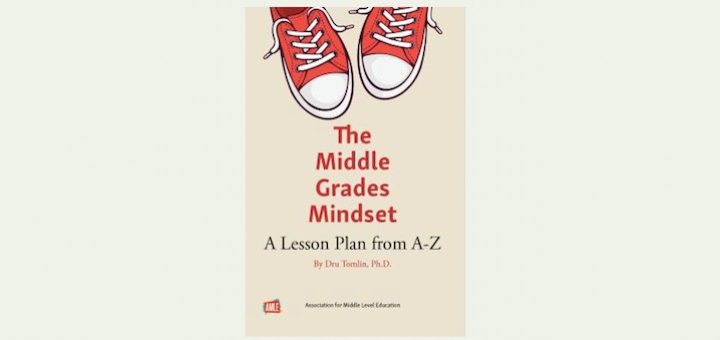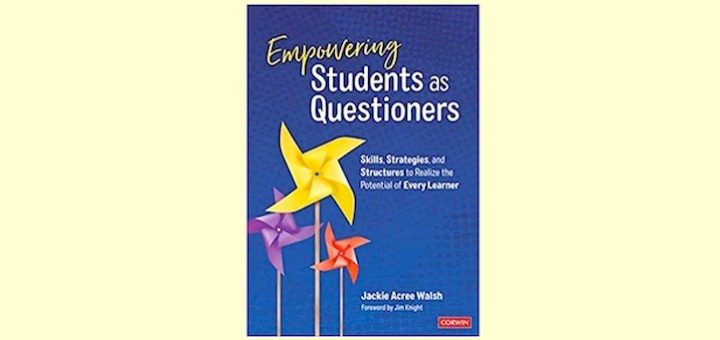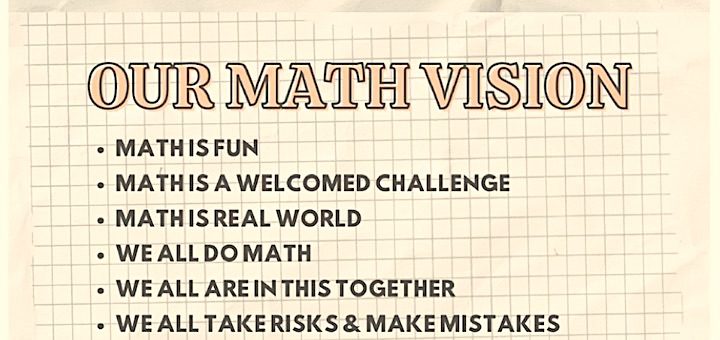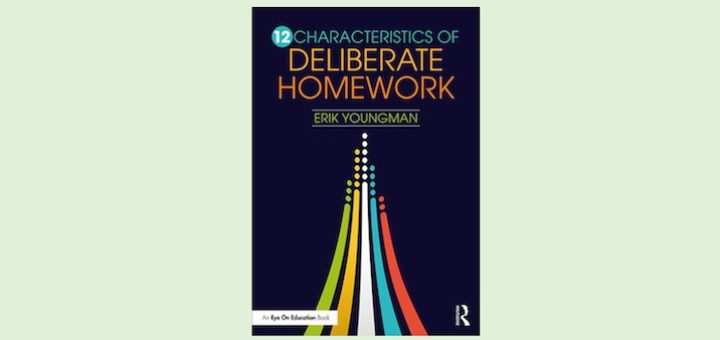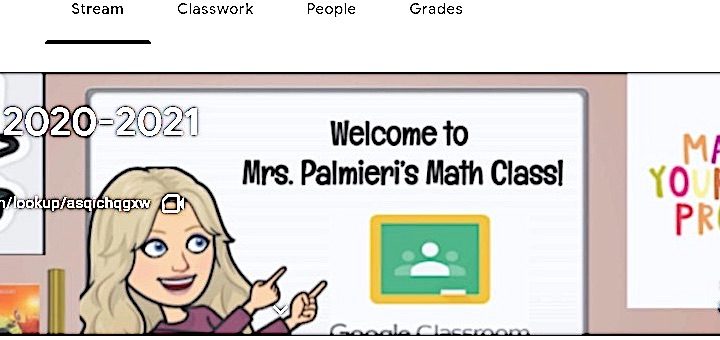A Deep Look into the Middle Grades Mindset
In “The Middle Grades Mindset: A Lesson Plan from A–Z,” Dru Tomlin draws on his success as a principal and teacher leader to share an insightful, easy-to-read reference guide to adolescent learning. Middle level master teacher Cheryl Mizerny feels renewed after reading it.

